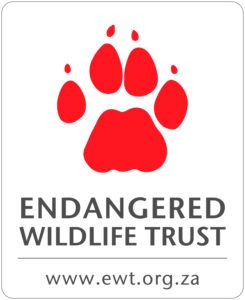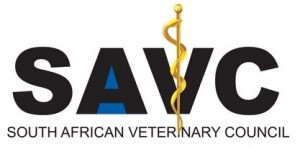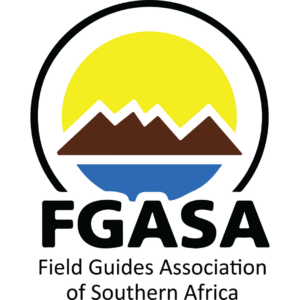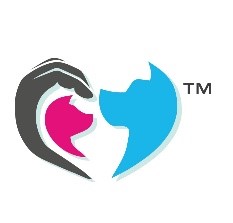African Lion Behaviour

Because conservation is something we feel strongly about, COAPE will donate a portion of the course fee for every student enrolled to the EWT’s Carnivore Conservation Programme for the African Lion conservation.time.

The African Lion Behaviour course is accredited as a Continual Professional Development course by the South African Veterinary Council.
SAVC CPD ACCREDITED: CPD points for SAVC accredited courses are only valid for qualified veterinarians and para-veterinary personnel in South Africa.

FGASA is an esteemed organisation that sets high standards for professionalism, education, and training in the tourism sector, with a particular focus on wildlife and nature experiences in Southern Africa. Students who have successfully completed the COAPE African Lion Behaviour course will be FGASA accredited.
An award for individuals who are interested in learning more about one of Africa’s most iconic species – the lion. This is suitable for students of zoology, wildlife conservation, field guides and anyone who wants to understand more about lions and their conservation.
This course will enable you to understand the subtler aspects of lion behaviour and some of the reasons why this magnificent species is experiencing significant population declines.

African Lion Behaviour
WHAT THE STUDENT WILL LEARN
Unit 1:
In this first unit we develop an understanding of felids, from when they first began to evolve approximately 7 million years ago until now. The unit introduces the African Lion and his two subspecies that still roam the planet today. We then take a closer look at the morphology and physical attributes of the lion. The student will be able to explain the morphological components of a lion and how it makes them fierce predators who sit at the top of the food chain.
Unit 2:
We look closely at the pride structure of the lion to gain an increased understanding of both their social behaviour and reproductive behaviour. We will also learn about life within a pride, and the roles of pride members. In this unit we evaluate the different stages of a lion’s life; from the vulnerable early weeks of life to the time when they are an adult pride member in their prime, and beyond.
The student will compare benefits of pride sizes and the sequence of events when a “pride take-over” occurs.
Unit 3:
Unit 3 focuses on how pride members communicate with one another through vocalisation, smells, touch, and body language. This unit will also investigate how lions may behave when threatened, when courting and breeding, and when playful. We will look at the behaviour of a female with cubs and the fierce and territorial behaviour of males.
Unit 4:
This unit takes a closer look at the hunting behaviour and methods of lions, as well as assessing the various hunting tools that lions are equipped with, that make them successful hunters. Lions, like other carnivores, have preferred prey and we look at how this preferred prey is selected. Lions hunt effectively as a cohesive unit but there are many variables which can influence the successful outcome of a hunt, in this unit we consider each of those variables.
Unit 5:
The final unit in the course focuses on the vulnerable status of lions in Africa. In the last 25 years alone, Africa’s lion population has dwindled by half. We look at some of the reasons behind these drastic declines, and at the distribution and population of this species across the African continent.
WHAT CAN YOU DO WITH AFRICAN LION BEHAVIOUR?
- The Lion Behaviour Course is an excellent interest course for any BSc student or any student who is going into the guiding industry.
- The successful completion of African Lion Behaviour qualifies you to enrol for the COAPE Diploma in Animal Behaviour.
COURSE INFORMATION
Tutor & Marker:
Samantha Nicholson
Course Type:
Correspondence online. Students can enrol at any time.
Course Format:
Each Unit of the course notes is made available to students via e-book.
The coursework for this course is conveniently completed online. We supply you with a specially designed Assignment Workbook to assist you in completing the components of the coursework, so you can use your own computer and preferred word processing software. You will then submit these completed assignments to COAPE International via the internet, they are marked and returned back to you the same way.
Course Duration:
The duration of the course is 12 months, but can be completed in a shorter time frame. The maximum time allowed for a student to complete the course is 14 months.
Students can enrol at any time.
Abilities Required for This Course:
- Students must be computer literate, have the use of a computer with internet access and be able to operate basic programs such as Microsoft Word.
- A good command of the English language is essential.

